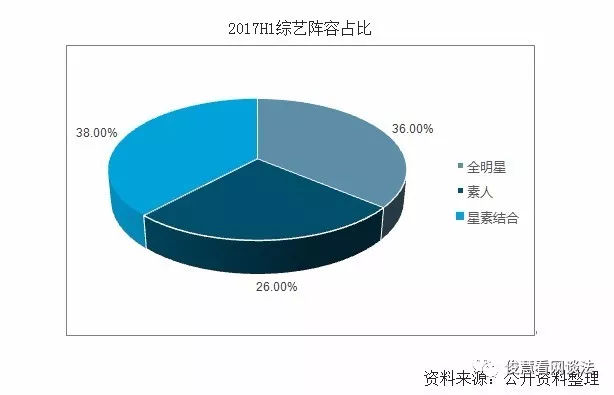The blind audition system and voting mechanism in The Voice of China are laudable and have gained positive appraisal from the public and the critics. Based on the public survey, audiences exhibit enthusiasm especially toward the blind audition in that it signifies a more professional, authentic, and fair system.[1]
Under the rapid development period of social transformation in China, money, power, social status and all of the materialism ideologies affect how we judge a person. However, the blind audition in the show prioritize the Voice as the primary criteria and therefore will dispel judges’ preconception of the contestants, especially on their appearances. This system, to the contestants, is also more reasonable and fair because they will not be judged by their looking, height, body types, skin colors, clothing…They win the game by their voice and singing skills. They even do not have to wear formal clothes even if The Voice of China is a public television program and will be broadcast through multiple media channels. In fact, most contestants came to the show because of the blind audition that places emphasis on their voice, rather than physical traits[2].
These two videos show The Voice of China (2012) fourteen contestants that make all four superstars turn around. Most of them have normal looking and do not wear formal clothes on stage.
This system is believed to have educational purpose on the younger generations in help with building and shaping their morality. At their adolescence, it is important to mold righteous notions. The Voice of China give lessons through the media channel on how to make evaluation based on reasonable standards, how to think critically, how to have a determined mind to pursue dreams and more.
Leehom Wang, who holds two honorary doctorate from both Williams College and Berklee College of Music, describes The Voice of China as “A phenomenal cultural miracle.” Since 2012, Chinese television shows have ushered in a new period of prosperity, which can be represented by audience rating and the number of broadcast. One prominent factor that contribute to this growth is to include both stars and ordinary people in the show in an attempt to make audiences feel more connected to the program, and The Voice of China is one of them.

with 38% includes both stars and regular people, 26% includes only regular people, and 36% includes only stars. http://www.sohu.com/a/227907085_123380
The Voice of China, as the leading reality television show in Chinese television industry that has successful ratings, demonstrates professionalism in advertising strategies and production process. More importantly, it conveys important values such as fairness and authenticity, which are essential for a developing country, to the public. Its transnational influences signify program’s improvements and innovations, situating The Voice of China to an international stage and setting it as a pioneering example for television shows’ future development.
[1] Hu, Meiling, Tang, Peipei, and Sun, Li, “A Survey of the Audience of The Voice of China,” People.cn, May 20, 2013.
[2] Jiang, Xinxin, “Illusionary Fairness and Controlled Democracy: A Critical Examination of Blind Audition and Voting System in The Voice of China,” Media, Culture & Society 40 (2018):1238-1251.